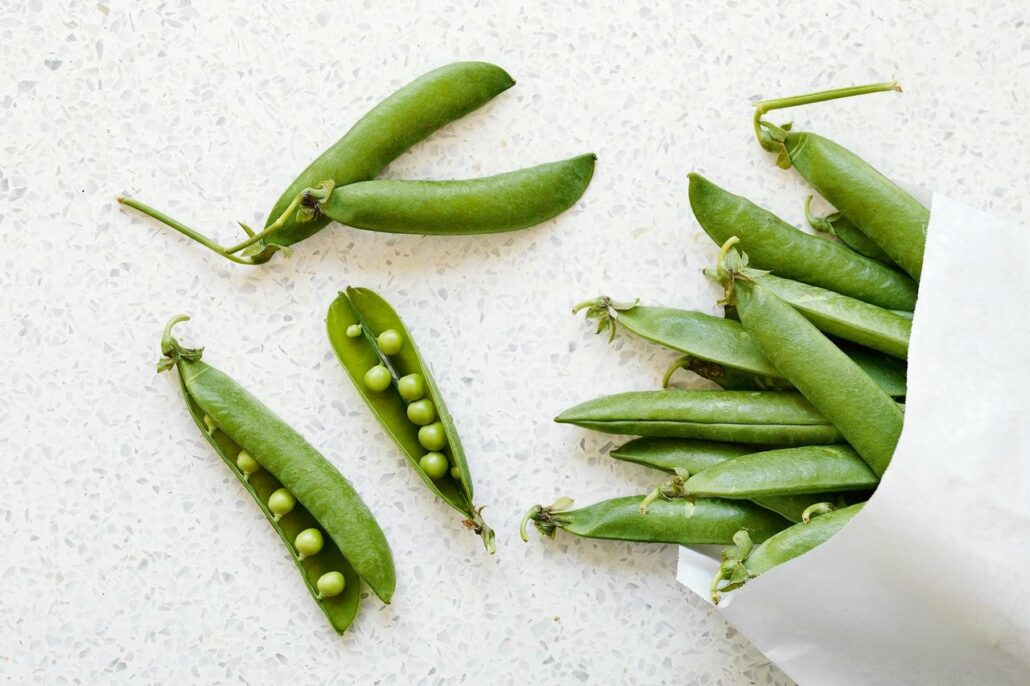
Words by Olivia Lennox
The third and final in the online series hosted by Mad about Denmark in collaboration with the Danish Agriculture & Food Council was held on the 20th of April. Andrea Petrini once again graces our screens as creator and moderator, with a familiar René Redzepi and new panellists Emilie Qvist and Nicolai Nørregaard.
Introduced with enthusiasm is Emilie Qvist, alumni of the MAD Academy and Dan Barber’s Blue Hill. The chef is breaking into the business world with an exciting announcement… Dubbed as the ‘middle of nowhere’, Hanstholm with a population of approximately 2000 is soon to be the home of Medvind, Emilie Qvist’s first restaurant. Along with partner Emma Milne she is designing a space that will serve seafood straight from the nearby harbour, with emphasis on freshness.

Concept would seem derogatory at this point, simply because it seems so much more holistic than the word would suggest, and Qvist is making sure that the idea co-evolves with the wants of the locals. Interestingly their plan is to be sustainable incognito, a refreshing change to the loudly greenwashed restaurant culture of the last few of years. It also makes sense as a business move, with a lot of organic certification standing as a marker for exclusivity. It is not to refute the charm that Copenhagen holds, but Qvist notes that for her it makes more sense to go to the produce rather than to bring it away from the source.

René Redzepi proclaims that to him, “Emilie represents the future,” a future that for him that lies in the authenticity of philosophy. This is what guides his ingredient choice – it may be obvious, but nothing stumbles accidentally onto the Noma menu, as is evident by their notorious reputation for sourcing sustainable produce, with a small team dedicated to the research. He says ingredients are not separable by certification or labelling, but united by an authentic attitude. Redzepi next entrusts vulnerable admittance that the second lockdown has been mentally a lot harder for him than the first, stating he had “bad weeks where I couldn’t recognise myself.” As a way of pacing through the time, Noma ran their full winter menu, the team creating between themselves a series of dishes that will never see the light of service but that aided them mentally through the trying season. He follows with a sprightly announcement of the spring menu coaxed by a jovial Petrini, revealing he will be serving a pescatarian menu designed to emulate the Noma group’s experience of the last few months – from their team hiking weekends to ice swimming – all squeezed into 16 bites. And who are the first to try the long awaited return on the 1st of June? One hundred Pandemic Heroes nominated by the public invited to dine at Noma in appreciation for their tireless good work. Some of the recommendations when read brought tears to the eyes of the staff, serving a grounding reminder that social sustainability must always be part of the equation.
Nicolai Nørregaard agrees, expressing concern that for a lot of consumers there is not a straight forward solution to sustainable eating and living. As the co-founder of Kadeau in Bornholm (and its Copenhagen sister restaurant of the same name), Nørregaard is a chef who begins his day alongside his team in their market garden. He channels the power of sourcing in a way that emulates an ethos of responsibility to the planet and the people, and the menus he designs are based emphatically on local ingredients, be that from nearby producers or the wild forage that Bornholm offers. His desire to take care of the climate is advocated for by the sake of flavour and freshness. But even for him the simple act of buying cucumbers for his daughter introduces a political conversation, particularly with the disparity of price between certified organic and not.

And it isn’t only in the controversial subject of certification. Sustainable fishing is a topic gaining increasing traction in recent months (aided in part by the popularisation of Netfilx’s Seaspiracy), and one which the panel agree deserves the same consideration. As chef’s all presenting seafood menus, the three emulate that is it their responsibility to source responsibly – to know the fishing methods, the boats, the producers who live and breathe care for their produce.

And this is what will continue to set apart these restaurants and chefs from those who use sustainability as a buzzword. It isn’t about how much certified produce you can cram into a menu or if you display a green clover on your door, it is about honouring an inherent philosophy, practiced and realised by meeting producers and hearing their stories. Redzepi cites Jonathan Safran Foer’s We Are the Weather, that to change the planet we need to change our diets. Thankfully these chefs will continue to lead the way with the conversation that facilitate it. A gratitude goes out to Mad about Denmark, the Danish Agriculture & Food Council, the panellists, and Andrea Petrini for creating the space for such discussions to happen, and the hope is that a second series will present itself to us soon: we cannot afford the luxury of not continuing to question and learn.




